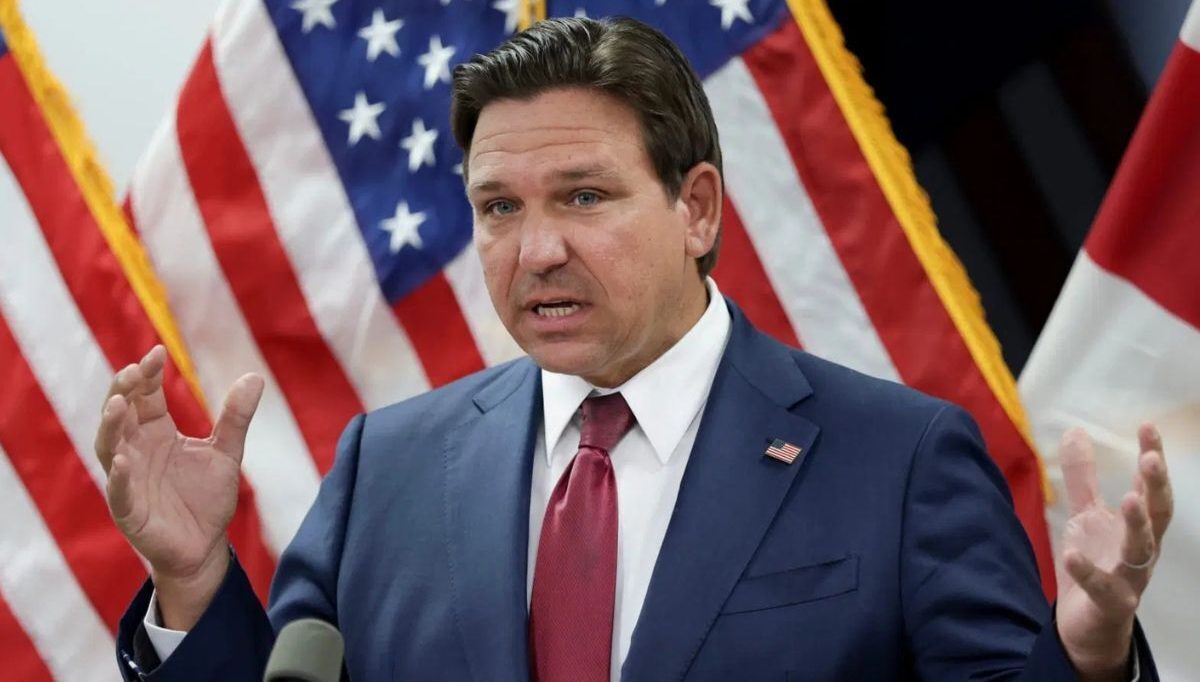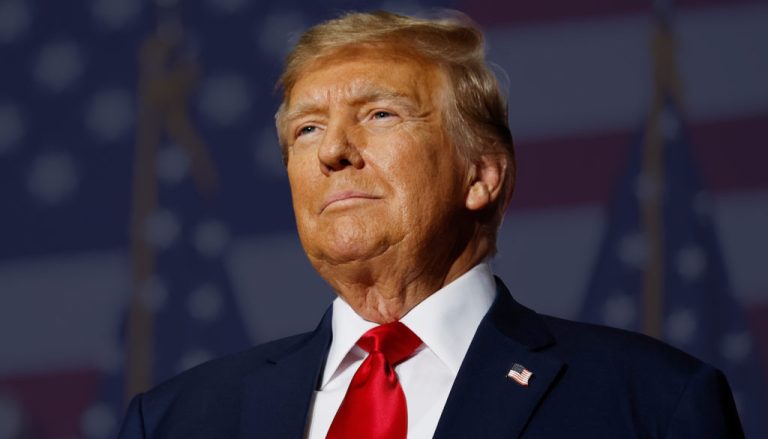DeSantis Defies Obama Judge Over ‘Alligator Alcatraz’ Shutdown
Florida Governor Ron DeSantis is taking a hard stand against what he calls judicial activism, refusing to comply with a federal judge’s order to shut down the controversial detention facility known as “Alligator Alcatraz.”
The facility, located in Ochopee, Florida, has become a central hub for detaining and processing illegal immigrants for deportation. However, a federal court ruling has thrown its future into uncertainty.
The Judge’s Order
U.S. District Judge Kathleen Williams, an Obama appointee, issued an 82-page ruling halting new detainees at the site and mandating its dismantling within 60 days. The decision cited the National Environmental Policy Act (NEPA), claiming that the facility posed environmental threats to the Everglades and endangered species like the Florida panther.
Williams stated that the detention site’s infrastructure — including industrial lighting, fencing, generators, and sewage systems — causes “irreparable harm” to the surrounding habitat. The order demands the removal of all these installations.
DeSantis Fires Back
Governor DeSantis wasted no time in condemning the ruling, calling it “judicial activism” aimed at undermining immigration enforcement.
“This was not something that was unexpected,” DeSantis said during a press conference. “This is a judge that was not going to give us a fair shake. This was preordained. Very much an activist judge that is trying to do policy from the bench. This is not going to deter us. We are going to continue working on the deportations, advancing that mission.”
Florida Attorney General James Uthmeier also blasted the decision, calling it a “desperate attempt to derail enforcement.”
“Alligator Alcatraz remains operational, and we will not stop in our mission to detain, deport, and deliver for the American people,” Uthmeier said.
The Federal-State Clash Over Immigration
The Biden-era environmental argument is now clashing with the Trump administration’s immigration priorities — and Florida is at the center of the storm.
DHS Assistant Secretary Tricia McLaughlin called the judge’s ruling “politically motivated,” emphasizing that the facility helps remove violent criminals.
“This ruling from an activist judge ignores the fact that this land has already been developed for a decade,” McLaughlin said. “It is another attempt to prevent the President from fulfilling the American people’s mandate to remove the worst of the worst — gang members, murderers, pedophiles, terrorists, and rapists.”
DeSantis’ Backup Plan: The ‘Deportation Depot’
Far from backing down, DeSantis announced that his administration is already expanding capacity elsewhere. The governor unveiled plans for a new facility north of Jacksonville in Baker County.
“Because of the success of Alligator Alcatraz, there’s demand for more. So I did announce that we’re going to be opening another facility right outside of Jacksonville,” DeSantis said. “We’ve called that the ‘Deportation Depot.’ That is something that will be able to hold another 2,000 and there’s an airport close by. So you have the processing and the removal.”
The move signals that Florida intends to double down on immigration enforcement, even as federal courts attempt to intervene.
Critics Cry Foul Over Environmental Impact
Judge Williams justified her ruling on environmental grounds, citing threats to the Everglades and endangered species. “Every Florida governor, every Florida senator, and countless political figures have pledged support for the Everglades,” she wrote in her decision.
Environmental groups and the Miccosukee Tribe have argued that the facility’s development harms fragile ecosystems, but supporters of the governor claim the objections are political. They note that the land has been used for industrial purposes for years and that the sudden environmental concerns are timed to block immigration enforcement.
DeSantis Stands Firm
For DeSantis, the fight is bigger than one facility — it’s about state sovereignty and fulfilling the Trump administration’s commitment to securing the border.
“We’re now in this position where we’re leading the state effort to help the Trump administration actually enforce the law and actually remove these illegal aliens not just from Florida, but from our country,” the governor said. “That’s something that we didn’t have for four years and now that’s something that we’re absolutely on board with making sure happens going forward.”
For now, about 400 detainees remain at Alligator Alcatraz. Whether they will be transferred, released, or deported depends on the appeals process and how aggressively Florida chooses to fight back in court.
“We’re not going to be deterred,” DeSantis vowed. “We are totally in the right on this.”

James Jenkins is a celebrated Pulitzer Prize-winning author whose work has reshaped the way readers think about social justice and human rights in America. Raised in Atlanta, Georgia, James grew up in a community that instilled in him both resilience and a strong sense of responsibility toward others. After studying political science and creative writing at Howard University, he worked as a journalist covering civil rights issues before dedicating himself fully to fiction. His novels are known for their sharp, empathetic portraits of marginalized communities and for weaving personal stories with broader political realities. Jenkins’s breakout novel, Shadows of Freedom, won national acclaim for its unflinching look at systemic inequality, while his more recent works explore themes of identity, resilience, and the fight for dignity in the face of oppression. Beyond his novels, James is an active public speaker, lecturing at universities and participating in nonprofit initiatives that support literacy and community empowerment. He believes that storytelling is a way to preserve history and inspire change. When not writing, James enjoys jazz music, mentoring young writers, and traveling with his family to explore cultures and stories around the world.









